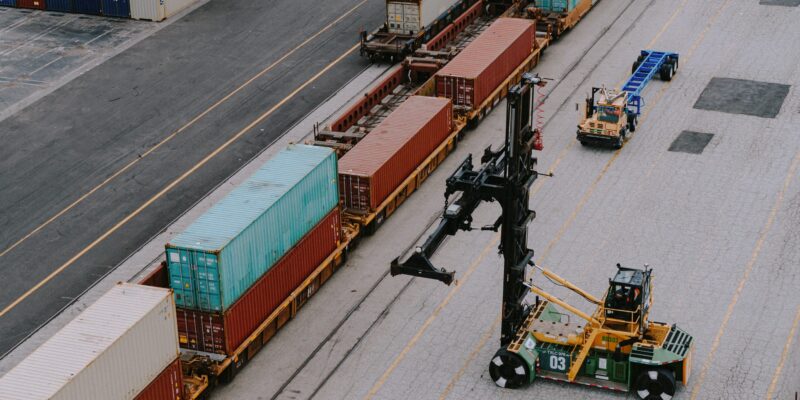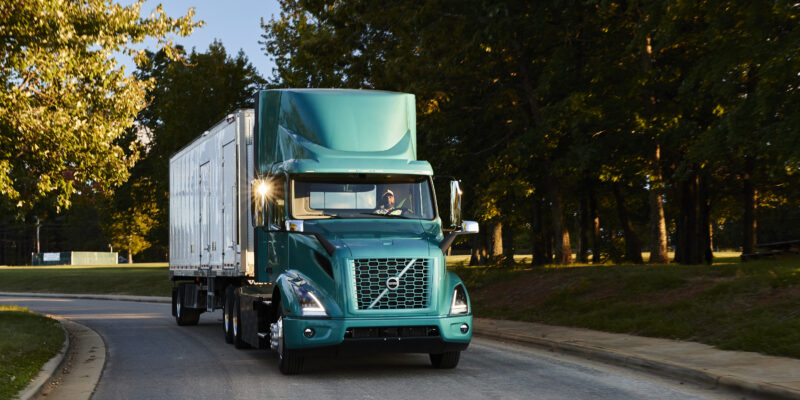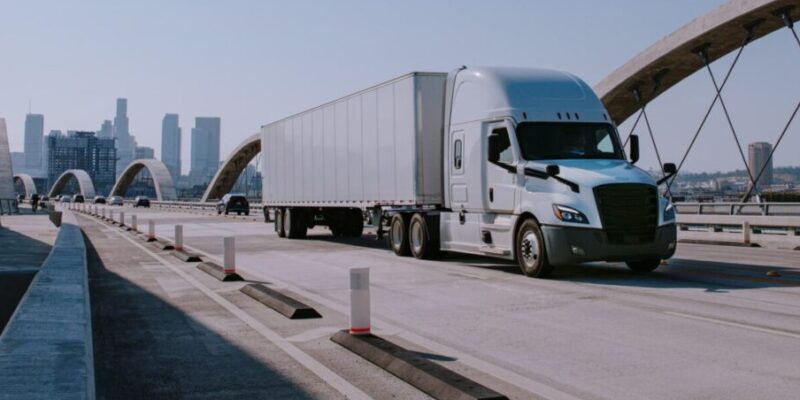LG adopts Market Access, deepens Uber Freight partnership

LG’s mission is to introduce products and services that make the lives of their customers better, easier, and happier. Ensuring that products move seamlessly around the globe to their customers is an integral part of bringing that mission to life.
LG and Uber Freight’s partnership began in 2018. Over the past 3 years, the 2 industry leaders have worked to identify pain points in LG’s supply chain and address those inefficiencies by introducing innovative, intuitive logistics solutions—like Market Access—into their workflows.
“Uber Freight always puts their partners first and continues to be committed to making each process better, more streamlined, and more efficient,” says Paul Heffernan, VP of Supply Chain, LG Electronics USA.
Managing large-scale complexity in a shifting market
Managing a supply chain for a company as large and complex as LG is no easy feat, especially when factoring in the significant market fluctuations that affected capacity in 2020. Like most organizations, LG’s team found themselves relying more on mini-bids and the spot market to keep loads moving, which translated to less long-term visibility into costs.
Beyond contracts, which cover the majority of LG’s loads, LG has traditionally relied on 2 avenues for spot freight: manual procurement with current spot carriers and automated procurement with APIs. With a manual process, it’s easier to negotiate rates, but capacity is often lacking. The Uber Freight API offers upfront pricing, 100% tender acceptance, and reliable capacity, so it can give seamless coverage, especially when other options—like contracted rates—fail. The LG team was looking to add a new procurement channel to the mix that would offer more control over cost savings than the API without compromising on capacity.
Introducing Market Access to the procurement mix
Market Access is a strategic procurement channel that enables shippers to leverage Uber Freight’s AI-powered pricing algorithms to reliably source capacity directly on the Uber Freight marketplace. With Market Access, shippers pay the realized carrier cost along with a pre-agreed-upon fee so costs are always transparent.
Uber Freight worked with LG’s transportation team to run a lane analysis and determine where an additional real-time procurement solution like Market Access could be most beneficial and save costs. They found that with inconsistent lanes—return lanes from customers to distribution centers or new lanes without contracted rates, for example—Market Access could provide greater control over costs and enable them to source capacity even when the market is constrained. The LG team immediately began to introduce it into their workflows.
“We decided to introduce Market Access at LG both because of the trust we’ve built up with Uber Freight and because there was such a unique need for a procurement offering like this,” says Heffernan. “Market Access allows us to access competitive rates on inconsistent volume, which is especially important in a tight market.”
Saving procurement spending on spot loads
When the market demand exceeds supply or when there’s an influx of volatile freight, the LG team turns to Market Access to seamlessly and competitively source capacity and reduce procurement spend. By including solutions like Market Access and the API in their overall procurement strategy, LG benefits from frequent cost savings on individual loads and the peace of mind that their innovative products will reach customers across the US at high levels of service.
“Uber Freight has been a solid partner over the years,” says Heffernan, “and because we have such a strong relationship and open lines of communication, we’re able to keep challenging each other—and the industry—to innovate.”
In partnership, Uber Freight and LG are committed to a freight future that is transparent, efficient, and resilient.
Go here to get more information about bringing innovation to your supply chain and about shipping with Uber Freight.



